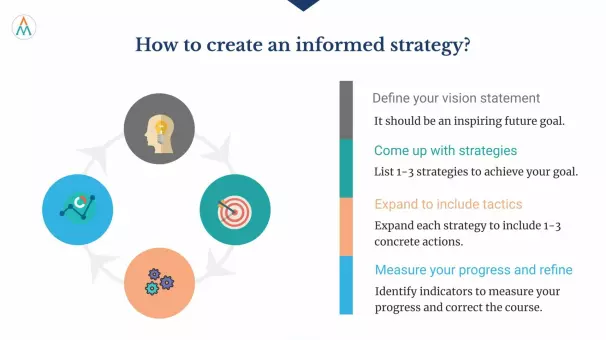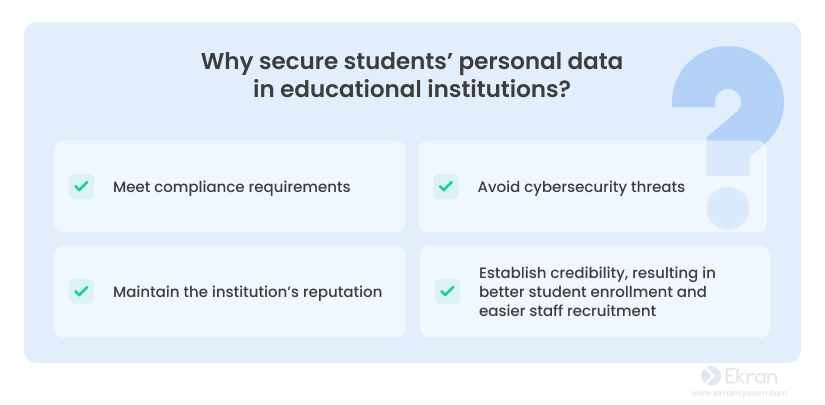In today’s fast-paced and often chaotic world, finding moments of calm and clarity can be a real challenge. Thankfully, the practice of mindfulness meditation offers a pathway to cultivate inner peace and enhance overall well-being.
What is Mindfulness Meditation?
Mindfulness meditation is a technique that involves focusing one’s attention on the present moment, while calmly acknowledging and accepting one’s thoughts, feelings, and bodily sensations. It is about tuning in to the present experience without judgment or attachment.
The Benefits of Mindfulness Meditation
- Reduced Stress: Regular practice of mindfulness meditation has been shown to reduce stress levels, helping individuals cope better with daily challenges.
- Improved Mental Health: Mindfulness meditation can enhance mental well-being by reducing symptoms of anxiety and depression. It cultivates self-awareness and a sense of acceptance, promoting a healthier mindset.
- Enhanced Concentration: With consistent practice, mindfulness meditation improves focus and concentration. By training the mind to stay in the present moment, it becomes easier to stay on task and be more productive.
- Better Emotional Regulation: Mindfulness meditation teaches individuals to observe their emotions without getting swept away by them. This practice allows for more skillful responses, fostering emotional resilience and healthier relationships.
- Physical Benefits: The practice of mindfulness meditation has also shown positive effects on physical health. It can lower blood pressure, reduce chronic pain, improve sleep quality, and boost the immune system.
How to Practice Mindfulness Meditation
- Find a quiet space: Choose a calm and quiet environment where you can sit comfortably without distractions.
- Get into a comfortable posture: It can be sitting cross-legged on a cushion, in a chair, or even lying down. The key is to find a position that allows you to be both alert and relaxed.
- Focus on your breath: Direct your attention to the sensation of breathing. Notice the inhalation and exhalation, the rise and fall of your belly or chest.
- Acknowledge thoughts and sensations: As thoughts or sensations arise, simply acknowledge their presence without judgment. Allow them to come and go, gently bringing your attention back to the breath.
- Practice regularly: Aim for at least 10 minutes of mindfulness meditation every day. Consistency is key to reap the benefits of this practice.
Final Thoughts
Mindfulness meditation is a powerful tool that can bring about positive transformations in our lives. By cultivating a deeper connection with the present moment, we can find greater peace, clarity, and overall well-being. So, why not give it a try? Start your mindfulness journey today and unlock the numerous benefits that await you.






